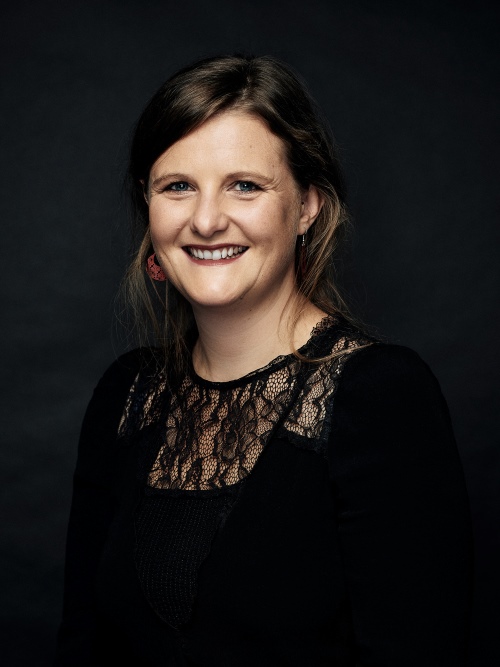Summary :
Introduction. Up-to-date, there is still a lack of knowledge about occupational therapy, notably from other healthcare professionals, and especially physicians, who are prescribers. While allied health professionals have undergone a revision of their curriculum and so all have a compulsory interprofessional work competency to acquire, this is not automatically the case for all medical specialities. Therefore, including a presentation of occupational therapy in their initial and continuing education could be relevant to promote effective interprofessional work, with a view to quality of care.
Intervention. Two measures to raise awareness about occupational therapy are presented : one for first-year students in medical studies, another for medical doctors enrolled in an inter-university degree about medicine for older adults. Both use active pedagogy methods as well as flipped classroom tools, to promote learners’ engagement.
Feedbacks. Results presented here are limited to satisfaction questionnaires and informal discussions, but seem to tend towards learners’ satisfaction. The real impact on practice has not been tested yet.
Reflective analysis. Pedagogical and occupational therapy reasoning process are in fact very similar. The reasoning used for these systems can easily be adapted to help raise awareness among physicians about our profession, directly into the wards.
Conclusion. Occupational therapists have different tools at their disposal to be agents of change and promote their profession.
Cet article est payant !
Je suis abonné, je m’identifie ci-dessous.
Je ne suis pas abonné, j’achète ici
Article rédigé par :
-

Cynthia Engels
Ergothérapeute, PhD
Maître de conférences en sciences de la rééducation-réadaptation
Université Paris Est Créteil (UPEC),
UFR de santé
Inserm U955, IMRB, CEpiA team
Créteil, France
cynthia.engels@u-pec.fr

